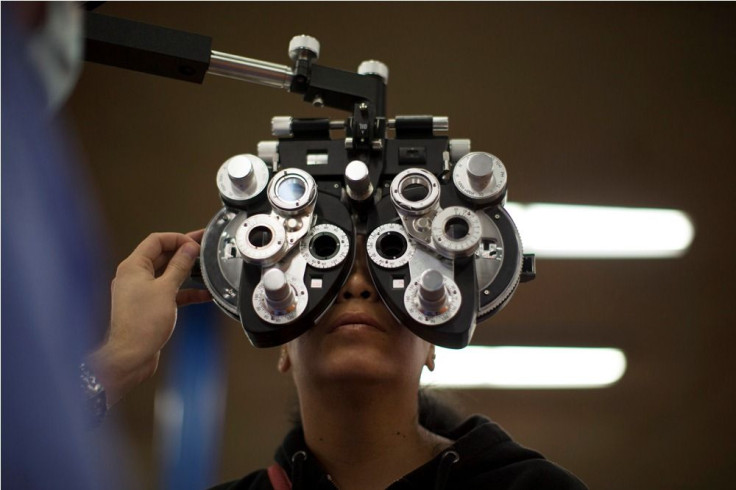Eye Exams Can Possibly Detect Dementia Early On

There is hope that dementia could be detected early on with the use of eye imaging technology, according to researchers in a Perth conference on Thursday. Duke University Medical Centre retinal specialist Eleonora Lad said that early-stage Alzheimer’s patients usually experience visual impairment, including abnormalities in colour perception and peripheral vision.
Lad and her colleagues came up with image-analysis software that works by correlating eye layer thickness and other eye structure changes to find out the probability of developing Alzheimer’s disease before symptoms manifest. "Because the retina is an extension of the brain, retinal changes may mirror the changes that occur in the brain with dementia,” Lad explained.
Meanwhile Dr Mojtaba Golzan, a researcher at School of Advanced Medicine at Macquarie University, is conducting a similar experiment. Golzan suggests that changes that occur in the small blood vessels of the eye hint the development of the disease.
This idea came from studying the disease with the use of retinal scans. "We've been recruiting patients who have sort of mild to moderate Alzheimer's disease and we're scanning their eyes for any symptoms," Golzan said.
In the next decade, detecting Alzheimer’s disease and different types of dementia becomes a more convenient process, according to chief executive of Alzheimer’s Australia, Carol Bennett. Lad’s software is still in its experimental stages, but Alzheimer’s Australia president Graeme Samuel said that the technology looks promising.
The ongoing research to help with early detection of Alzheimer's is a worldwide effort designed to help with timely diagnosis of the disease. “… if we can detect the disease at its very early stages, then that is the first step towards finding a way of preventing or delaying the onset of the disease,” Samuel said.
According to dementia statistics, more than 300,000 Australians are living with the condition. It is also now the second leading cause of death among Australians.
To report problems or leave feedback on this article, email: wendylemeric@gmail.com.




















